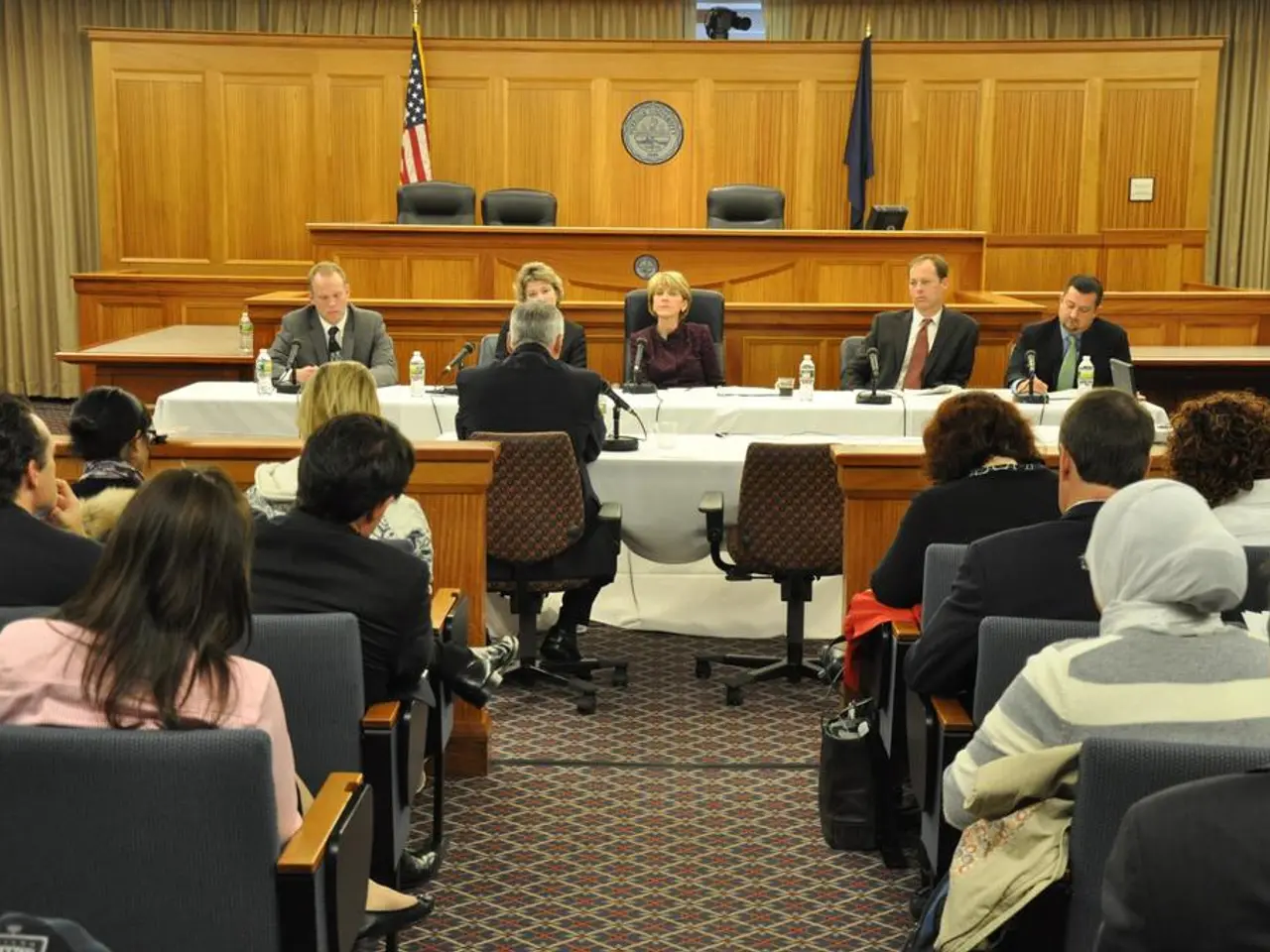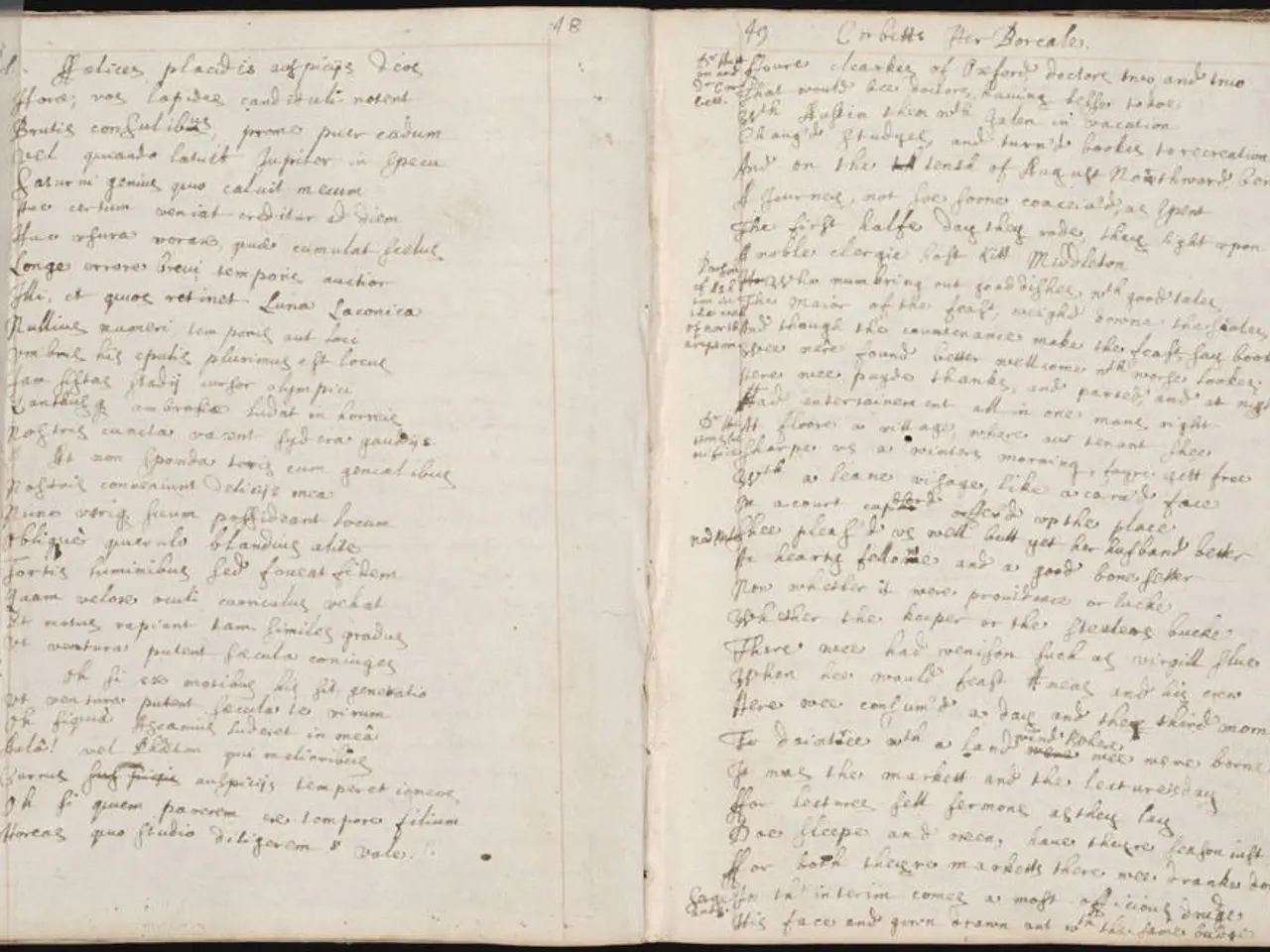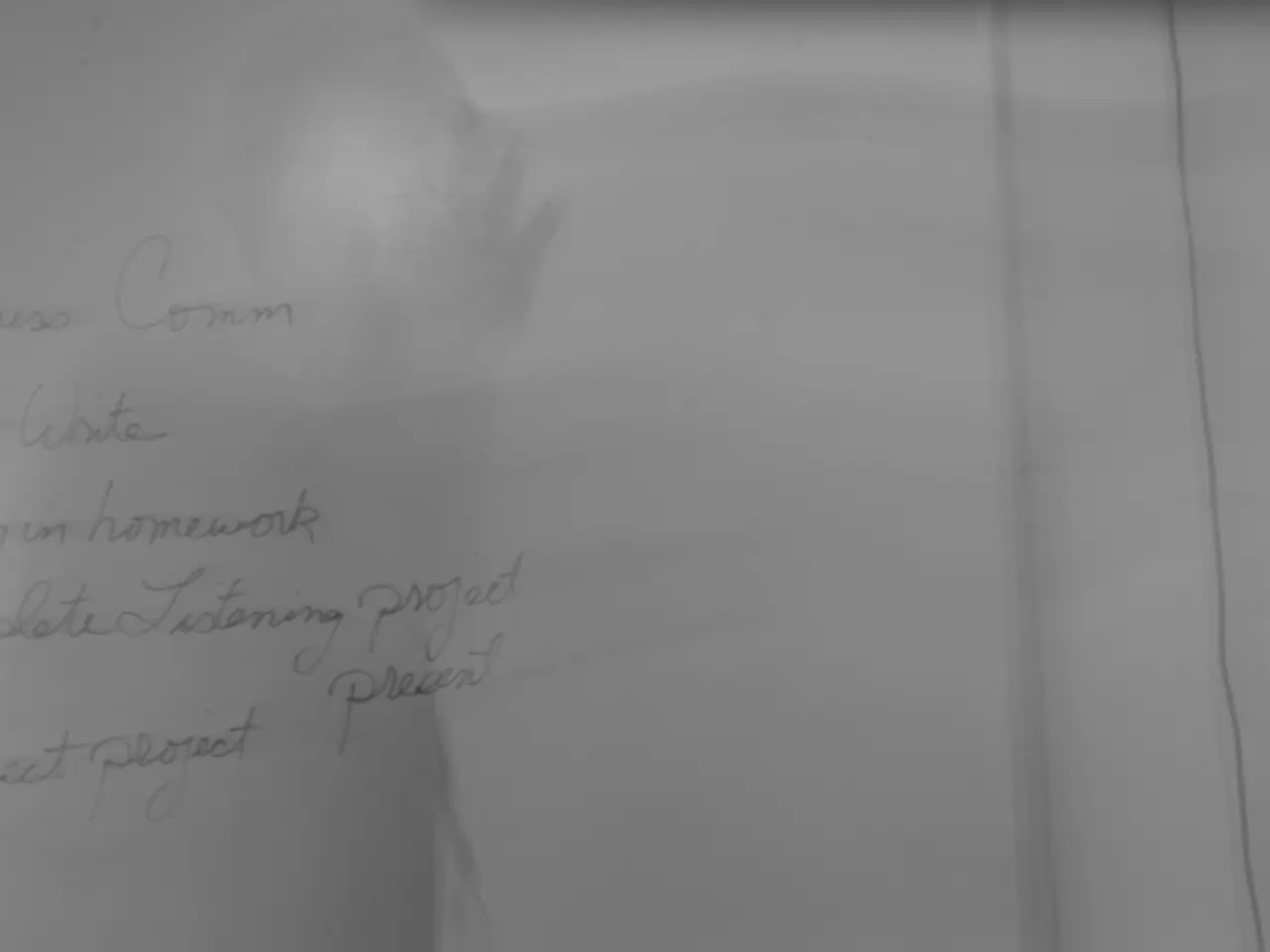Chinese Ministry Head Engages in Talks with EU Delegates - Chinese diplomat engages EU authorities in discussions
As the 50th anniversary China-EU summit draws near, scheduled for July 24-25, 2025, economic relations between the two parties remain strained, particularly in the automotive, electronics, and steel sectors. These key areas of trade have been sources of tension for some time, with numerous issues clouding the path towards fair competition and mutual prosperity.
In the automotive sector, European automakers face significant challenges in penetrating the Chinese market due to regulatory barriers and intense competition with domestic Chinese manufacturers. Simultaneously, China seeks to expand its automotive exports to Europe, a goal complicated by concerns over standards, subsidies, and intellectual property rights.
The electronics sector remains contentious, with European worries about supply chain dependencies, technology transfer, and industrial policies in China that favour domestic champions. European firms are seeking clearer rules and protection for innovation, fearing what they perceive as unfair practices.
Steel is another major point of contention, with the EU raising issues over China's steel overcapacity, dumping allegations, and anti-dumping measures. The EU has previously challenged China’s anti-dumping practices at the WTO, and this sector continues to see protectionist measures that impact bilateral trade.
Amidst rising global trade tensions and geopolitical issues, such as the EU’s frustration with China’s stance on Russia’s war in Ukraine, both sides have emphasised pragmatic dialogue and cooperation. Chinese President Xi Jinping and EU leaders have acknowledged mutual economic complementarity but also recognised the need to address trade differences constructively.
Chinese Foreign Minister Wang Yi’s recent visits to Belgium, Germany, and France focused on reinforcing strategic communication and political trust, aiming to smooth relations ahead of the summit and promote joint approaches to global challenges despite ongoing disagreements.
The upcoming summit represents a critical opportunity for both sides to engage in frank dialogue, manage their differences, and seek pathways for cooperation in these sensitive sectors. The relationship between China and the EU is important, and the summit may aim to mark 50 years of diplomatic relations between the two entities. It remains to be seen whether the meetings between Wang Yi and the leaders of Portugal and Estonia will have any direct impact on the EU-China summit, but they may discuss the current tense relationship and focus on strengthening bilateral relations between China and each respective country.
- Chinese Foreign Minister Wang Yi, along with EU representatives, will hold talks in Brussels to discuss policy-and-legislation and politics related to the EU-China summit, focusing particularly on strained relations in the automotive, electronics, and steel sectors, and seeking pathways for cooperation in these sensitive areas.
- As global trade tensions and geopolitical issues persist, the upcoming general news event involving the meeting between China's Chinese Foreign Minister Wang Yi and the leaders of Portugal and Estonia could potentially impact the EU-China summit by discussing the current tense relationship and focusing on strengthening bilateral relations between China and each respective country, emphasizing the importance of the EU-China relationship as they work towards a more harmonious partnership.






